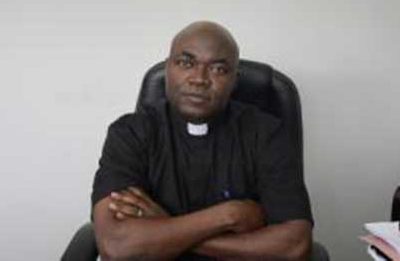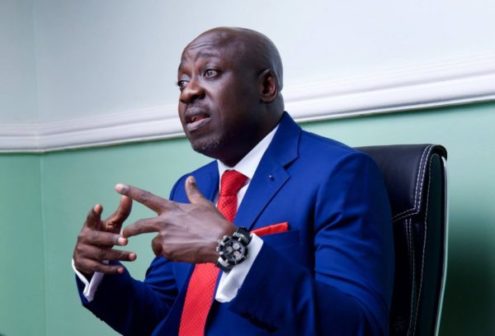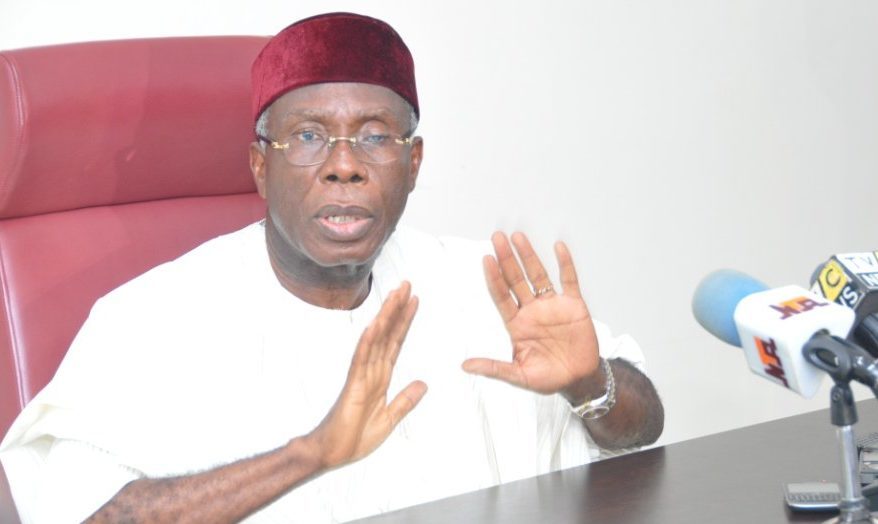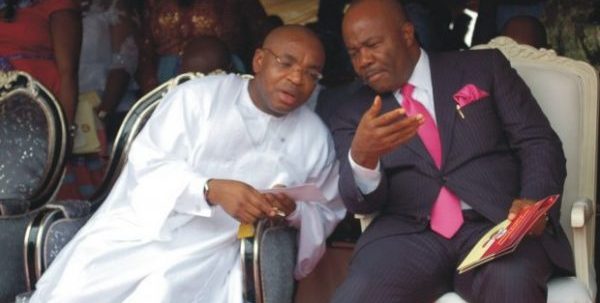Nigeria has largely experienced one system of doing things: estimation, and this is based on the fact that as an African society it is mostly a traditional rather than a scientific culture. One major property of scientific cultures is exactitude, which is parallel to a major ingredient of traditional societies, approximation, according to Odera Oruka. Exactitude runs through scientific cultures in many ways. For example while a Nigerian may guess where you are going even if you mispronounce it, it is quite difficult for an Englishman or an American to do the same. Also a Nigerian mechanic generally works by approximation whereas most technicians in scientific cultures work with precision tools.
Approximation may have its value in the sense that it gets things done anyway even if not exactly; as G.K. Chesterton would say, “what is worth doing is worth doing badly.” The danger, however, is the imposition of human sentiment and will. We witness this a lot through the estimated electricity billing system. I once had a strong argument with a National Electricity Power Authority(NEPA) official when he visited our offices in Calabar and the next month our bill was tripled! On the other hand, friends could get their bills slashed. We all remember what it was with Nigerian Telecommunications and their billing system!
The success of the GSM telecommunication in Nigeria has mainly been due to the fact of the exactitude of its billing system. When carriers began with per minute billing which was a form of approximation, it was an indigenous company, GLO that caused a turn around with per second billing which was more precise. Since then all the providers have turned to per second billing and the prepaid model has worked for the ordinary Nigerian.
The success of the GSM system shows that industrial peace and harmony could be achieved between users and operators because of the neutrality of technology. We know that technology could be manipulated but generally the introduction of technology apart from facilitating processes helps African cultures which are more prone to gratification and prebendalism to downplay the human factor. See what technology has done in the banking system with the introduction of the Bank Verification Number (BVN) and the introduction of automation in personnel pay systems, saving millions for government, millions which were being routed to private pockets of civil servants.
Technology has been a friend of the ordinary Nigerian, saving him from official corruption, as the average Nigerian has a tendency to apply undue discretion as the rule rather than the exception. Undue discretion led to the collapse of Nigeria Airways and many industries. Technology has been a principal means of restoring confidence in public and private business systems which were rather seen as dysfunctional or corrupt.
Before the 2019 presidential election, INEC- the electoral umpire, of the President Obasanjo days was the most corrupt. The level of collusion between officials of state and officials of INEC was unprecedented. Rigging in the form of massive finger printing and stuffing of ballot papers, ballot box snatching, polling unit violence, were the order of the day. Nigerians came to accept rigging as part of the electoral process especially knowing that parties could only rig where they were the strongest.
Goodluck Jonathan’s first election in 2011 was seen as credible even though parties still rigged largely because the umpire was seen as neutral and also because there seemed to be a distance between the president and the principal electoral umpire Atahiru Jega. The fresh air mantra, the ordinariness and humility of Jonathan thus won him the election. By 2015 Nigerians’ faith in the electoral system was heightened because of the hope of technology.
READ ALSO: Companies Closing Down in Nigeria Due to Bad Customer Service –Expert
Jonathan’s apparent ineptitude was not going to be carried forward. What with the smart card reader! The idea that every adult would have a permanent voter’s card which would be recognized by a smart card reader for accreditation meant that a major headache of electoral fraud would be overcome and number of votes would match number of accredited voters. But it did appear that in the 2015 elections those in the north had intel earlier than their counterparts in the south that the smart card readers might not count if there were any challenges associated with accreditation. This seemed to be responsible for early round up of elections in many southern states with the result that by the time INEC announced that smart card readers could be put aside, it was already too late for many Southern states to reap the kind of humungous figures their northern counterparts had safe for a few states.
The victory at the Supreme Court of Peoples’ Democratic Party controlled states of Rivers and Akwa Ibom on the basis of electronic systems not recognized in the electoral act spurred INEC to seek the revision of the Electoral Act to include electronic facilities. The assurance by INEC that all accreditation would be through the card reader galvanized the civil society to have confidence in the electoral system especially since voters for the first time had been able to push out an incumbent in 2015. Again, it was quite disillusioning to realize that despite the assurances some states especially in the North voted without use of card readers for accreditation in the 2019 elections.
Again the ruling party apparently intended to cash in on the judgment of the Supreme Court which validated Wike and Emmanuel’s elections in 2015 and benefited the opposition so President Buhari downplayed the role of electronic facilities in the electoral process by not signing the revised electoral bill into law! It seemed then that one could do anything and get away with it despite technological evidences so long as the electoral act did not capture electronic facilitation. Whereas the Obasanjo government, the Y’Ardua, and especially Jonathan’s did not impede the advancements in the electoral act as could enhance a free and fair poll, the APC government under Buhari has not done anything tangible to improve electoral credibility and has rather given the impression that it took advance steps to secure controversial electoral wins.
The current issue concerning INEC server is really a question of legality versus morality. While the electoral law did not provide for electronic transmission, INEC’s actual operations did factor in such technological provisions, although on a pilot basis. Indeed immediately after the elections a politician friend of mine confessed that he didn’t know that the role of the Assistant Polling Officer (APO) was crucial. Apparently he had ignored the APO even when he was advised to extend courtesies by the PO. It wasn’t until later in the day that he came to understand that the APO was the electronic collation officer and the one that would transmit the result to the INEC server after the parties had signed off. I dare say that not many politicians knew that this aspect was part of INEC processes otherwise they would have been more careful to ‘work’ on the APOs. What the APOs did therefore may have been the equivalent of entries in a bank account’s profile which are extremely difficult to go back and manipulate. Even if INEC did not intend it for the purpose of announcing results, there is an INEC server and it is public knowledge that results were transmitted electronically from every ward directly into the server and such a result would have suffered less manual manipulation.
The reality is that even if evidence is brought forward at the end of the day that results were truly transmitted electronically, the hurdle would be proving its legality as there is already a precedent established by the Supreme Court, although no law also specifically says it is illegal to have done so. Unfortunately, the Nigerian judiciary has had its dirty linens so washed publicly that the Supreme Court is not expected to muster such courage as to make a moral judgment and ruling. The opposition candidate Abubakar Atiku could therefore win the moral argument in the court of public opinion supported by hard data in the INEC server if he ever gets access to it but there appears to be no more court in the land that would move past legality to morality.
The tragic effect of all this is that except for party affiliates, the non-partisan Nigerian may already have lost appetite for anything electoral, knowing that his vote matters only if and when the authorities want it to matter, as happened mostly with the governorship elections; and not because there is any independent umpire that would rake in authentic results irrespective of the disposition of those in authority. Now that Nigeria is in this cul de sac, the least PMB should do is to sign off on the electoral act so we officially consign estimated vote count to the past, the way we are trying to do away with estimated billing systems. Removing the barriers obstructing the true will of the people could be the greatest anti-corruption fight and a springboard to rapid development for then elected officials would be accountable, knowing that they were bound to perform well or be voted out. As at now it doesn’t really matter whether they perform well or not, they would win anyway.
***Evaristus Bassey, a Catholic priest, wrote from the United Kingdom












